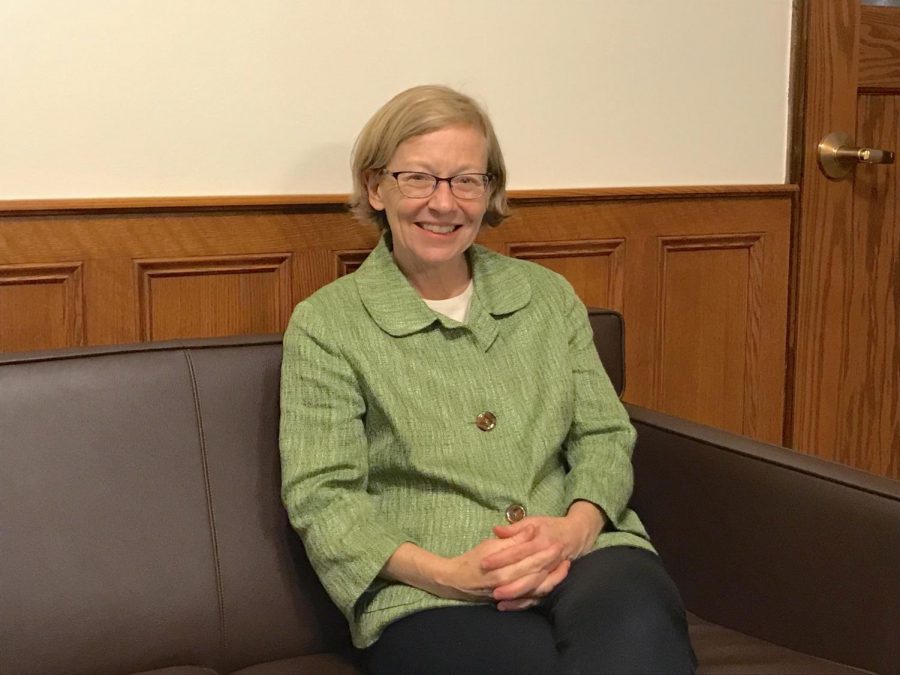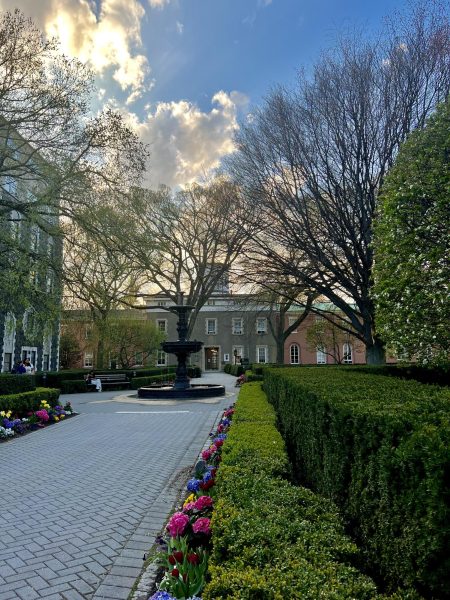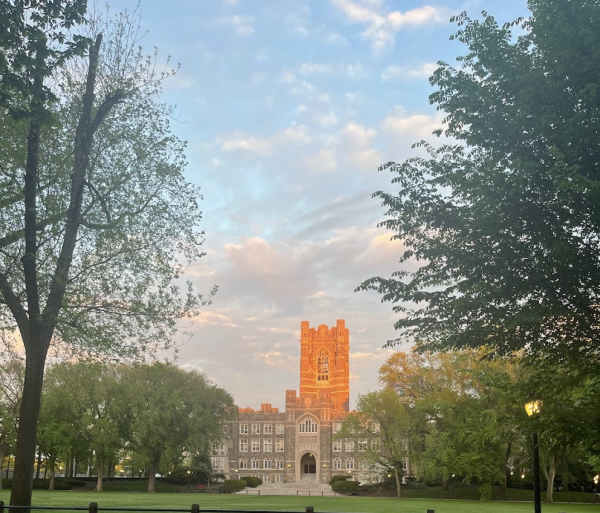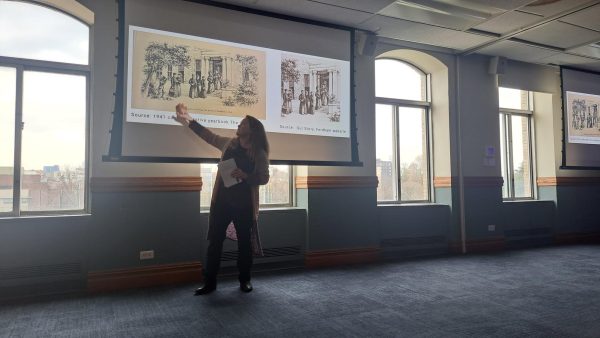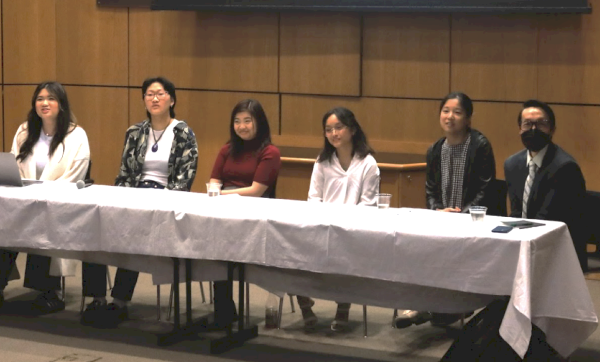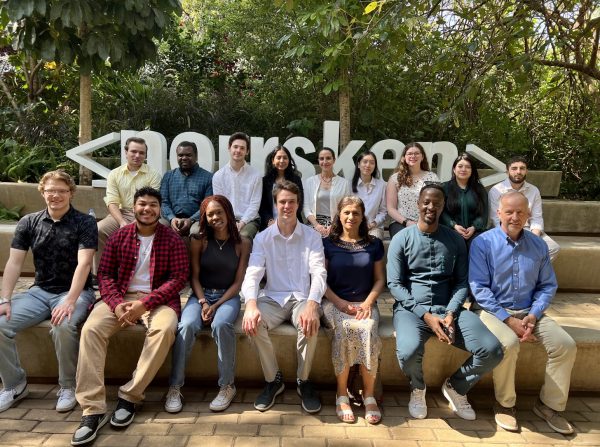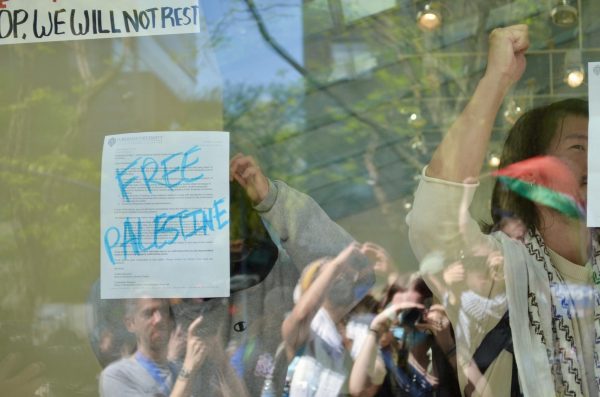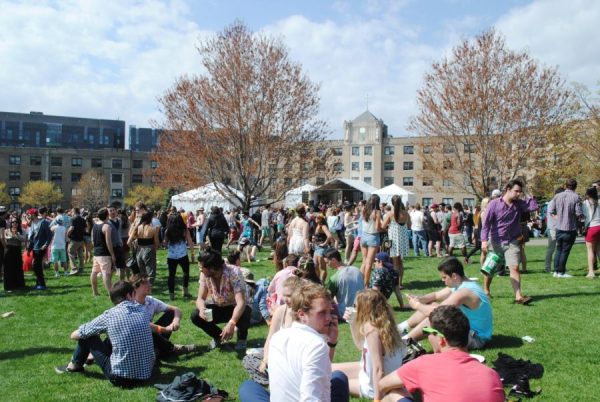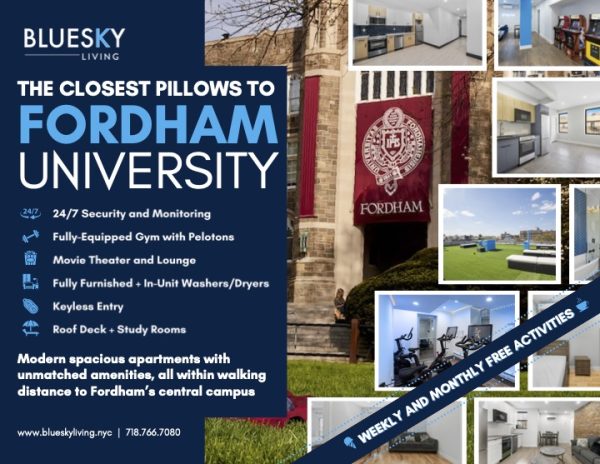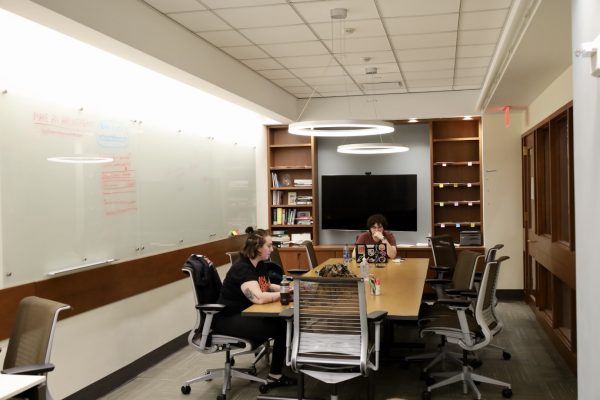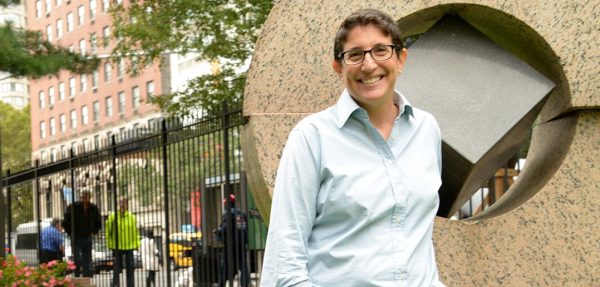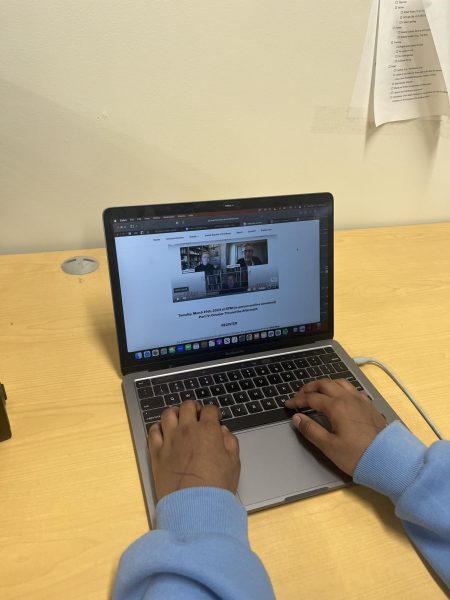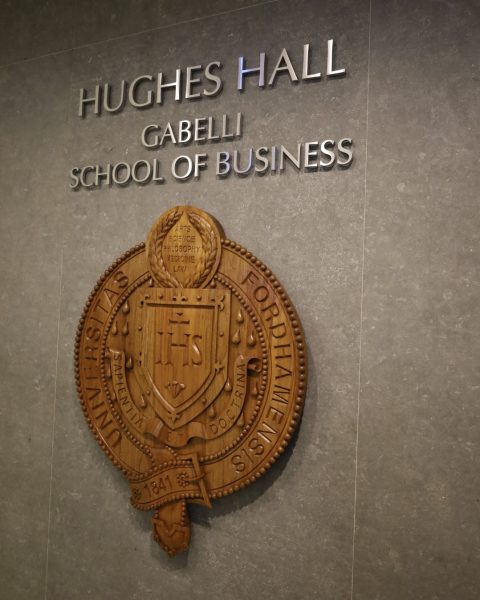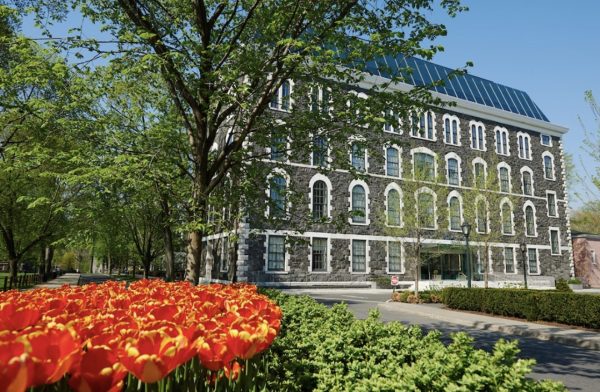Dean Mast Sits Down with Ram
By Aislinn Keely
Fordham College Rose Hill Dean Maura Mast sat down with News Editor of The Fordham Ram Aislinn Keely to answer follow-up questions after the most recent Town Hall.
Aislinn Keely: So, to start, we just went through another registration cycle. Could you tell me a little bit about how that’s going? Are you receiving a lot of course changes? What sort of differences are you seeing?
Maura Mast: I think most of what I’m seeing is from associate chairs saying, “These classes are full. Could we add more classes?” We’re also starting to look at low-enrolled classes and working with associate chairs to cancel those. But for the most part, I’m seeing associate chairs as being very proactive and contacting us about the schedule. I haven’t heard too much from students who weren’t able to get into their courses. The class deans are really the front line for that, and any request that I get I definitely forward on to them. But my sense is that, apart from the Banner outages, which affected everyone and were difficult, everything went well with us.
AK: Actually, that was something I did want to ask about. When I went to register at the registration time, I could not do it on my laptop. I had to think quickly and register for classes on my phone. So was that a bigger problem this semester, or is this something that you’ve seen before?
MM: So it seems to happen pretty regularly. I think it’s happened every year, every semester. And I’ve also heard of those work-arounds, that people use their phones and things like that… I do know that my office and the dean’s office at Lincoln Center and the Gabelli deans work really closely with academic records. So, after that first day when things were difficult, we had a lot of conversations about what we should do, and we agreed to move ahead. We had some backup plans in case things did not go well. But thankfully things went well. My sense is that there’s a lot of volume because a lot of students are registering all at once. Maybe that’s a problem for Ellucian, the company that runs Banner. But I’m not really sure.
AK: What sort of investments are you making in different academic programs going forward? Which ones need to grow? Which ones are growing very rapidly and might use more resources?
MM: In the incoming class, biological science tends to be the most popular major of interest, and we have a large pre-health population. I’d say about 40 percent of our incoming students are either biology and or pre-health. So there’s a really big interest in STEM, and we really do want to support those students.
AK: So what is the college doing to grow the biology program and accommodate that interest? Is Fordham moving in a STEM direction, if we have such a high interest?
MM: I think we’ve always had strengths in STEM. We have always talked about them, and we haven’t always nurtured them the way that we could. But what I’ve seen in talking with the faculty is that, as they work one on one with the students, they are really invested in those students and in supporting those students. And we certainly see that in the undergraduate research program, which actually started in the STEM disciplines. The third floor of JMH was redone for the computer and information science department. My hope is that we can continue to make investments in these types of renovations so that we have space that looks good, that’s functioning well, that supports the work the faculty are doing and that gives our students a 21st century experience. I don’t want our students to be working on equipment or in spaces that are outdated. I want them to be working on top-of-the-line machines in strong, well-equipped labs, so that when they go to grad school, when they take a job, they’re ready to to work in that next environment.
AK: So, in addition to that, I want to talk about the state of humanities a little bit. What are you seeing in terms of humanities majors?
MM: What I like at Fordham is the way students combine majors and minors and programs to study. That’s where I see them weaving in the humanities. We’ll have the biology major with a theology minor. We’ll have the psychology major who may take a double major in Italian. Students are very creative in these combinations. I would like to encourage them to think about actually making that humanities the first major. I think the humanities is excellent preparation for life. When I talk to alumni who are in the business world, they just reiterate that the choice of major that students have, for the most part, they’re not interested in. What they’re interested in is whether the student is a hard worker. Is this person a good thinker? Can this person be taught? In the entrepreneurial fields and in the tech startups, I’ve seen people talking about the value of students bringing the humanities perspective to that type of work. So I think my office can do more in partnering with Career Services to help students understand the benefits of the humanities degree.
AK: I’ve gotten a lot of e-mails, as everybody else has, about Fordham’s academic standing. How is that weighing on your mind, and what sort of things are you doing to move forward?
MM: The rankings are difficult. As Father McShane says, we all hate the rankings, and in particular this year, because the methodology changed, and we didn’t know. So that’s disappointing. I try not to put a lot of stress on the rankings, because I think a lot of it is beyond our control. But I also know that it’s important to students—that the students who are considering Fordham want to know that they’re going to a well-regarded university. My hope is that students will look beyond the U.S. News and World Report. There’s a lot of different ranking systems out there. We dropped in U.S. News, but we were identified as a strong school for undergraduate teaching. Our business school is really strong. We have many strengths. It’s an opportunity to remind myself and everyone else to have a bit of perspective. We’re doing what we think we should be doing. And it’s encouragement to try harder. Part of what feeds into ranking is our retention. That’s one of the reasons why this year we are all looking very carefully at retention. We also feel an obligation that, if we admit students to Fordham, we want them to succeed. We want them to stay. This year, I have the new assistant dean for students, Dean Garcia, who is really helping me understand how we can best support students for success. So I take the rankings as a challenge. What can we do better? But I also know that I’m very proud of what we do well already. I think we do a lot that’s really strong and really positive. Stepping back and identifying that, being proud of it and then saying, “How can we work harder and do better?”
This interview was edited for space and clarity by Hannah Gonzalez.

